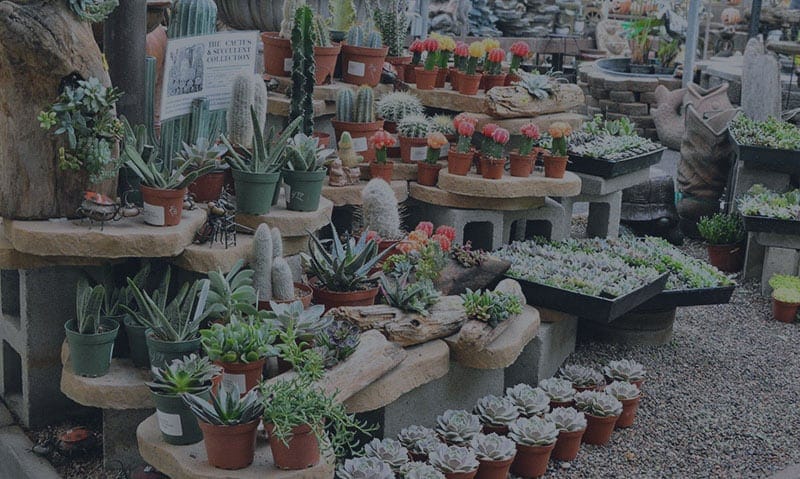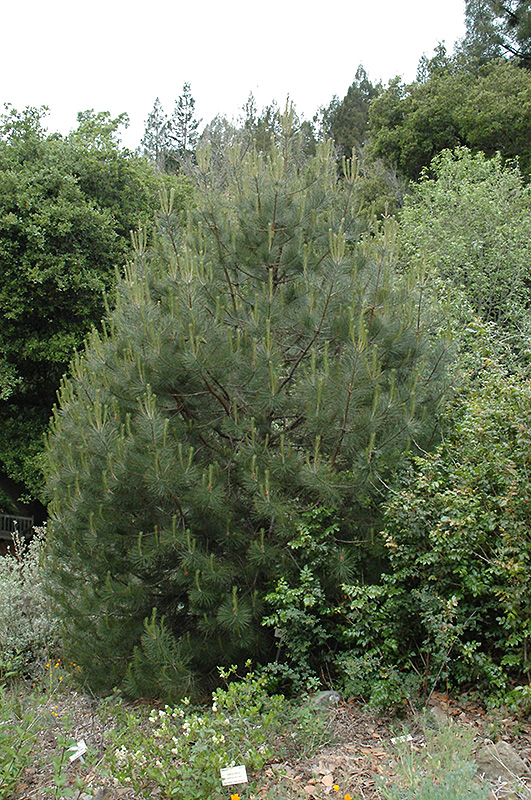Height: 40 feet
Spread: 20 feet
Sunlight:
![]()
Hardiness Zone: 6b
Other Names: Scrub Pine
Description:
An interesting native variety producing upswept branches covered in long needles; large brown cones have distinctive woody knobs and will persist on the tree unopened until a fire occurs; tree is generally conical but may have multiple, twisted tops
Ornamental Features
Knobcone Pine is primarily valued in the landscape for its distinctively pyramidal habit of growth. It has forest green evergreen foliage. The large needles remain forest green throughout the winter. The brown fruits are held in cones in mid summer.
Landscape Attributes
Knobcone Pine is an evergreen tree with a strong central leader and a distinctive and refined pyramidal form. Its average texture blends into the landscape, but can be balanced by one or two finer or coarser trees or shrubs for an effective composition.
This is a relatively low maintenance tree. When pruning is necessary, it is recommended to only trim back the new growth of the current season, other than to remove any dieback. It has no significant negative characteristics.
Knobcone Pine is recommended for the following landscape applications;
- Accent
- Mass Planting
- Hedges/Screening
Planting & Growing
Knobcone Pine will grow to be about 40 feet tall at maturity, with a spread of 20 feet. It has a low canopy with a typical clearance of 2 feet from the ground, and should not be planted underneath power lines. It grows at a slow rate, and under ideal conditions can be expected to live for 70 years or more.
This tree should only be grown in full sunlight. It prefers dry to average moisture levels with very well-drained soil, and will often die in standing water. It may require supplemental watering during periods of drought or extended heat. It is not particular as to soil pH, but grows best in poor soils, and is able to handle environmental salt. It is highly tolerant of urban pollution and will even thrive in inner city environments. This species is native to parts of North America.


